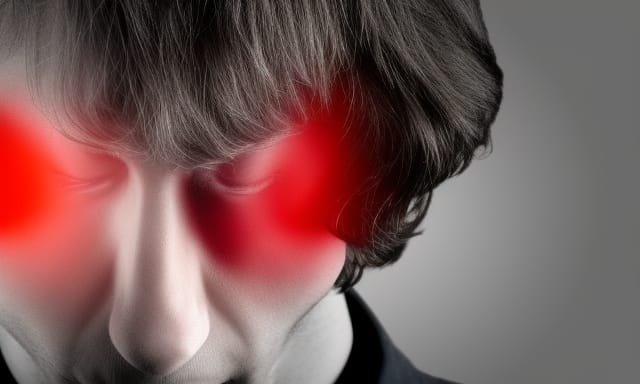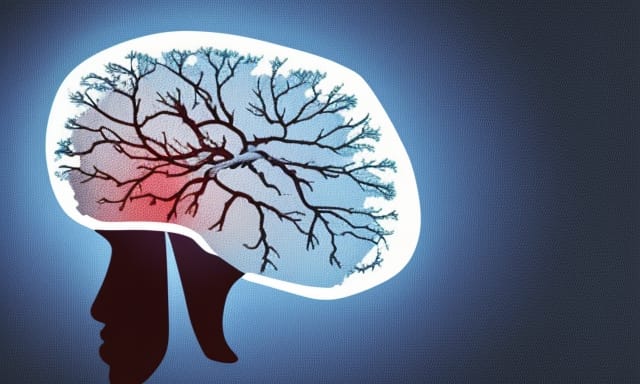
Psychological trauma can affect individuals in various ways, both mentally and physically. One of the ways it can manifest physically is through somatic symptoms, which are bodily sensations or symptoms that have no apparent medical basis.
Complex Post-Traumatic Stress Disorder (C-PTSD) is a mental health condition that develops as a result of prolonged exposure to traumatic events, such as child abuse, domestic violence or ongoing trauma in adulthood. The somatic symptoms of C-PTSD can be debilitating and deeply affect an individual’s quality of life.
The following is an overview of the somatic symptoms that individuals with C-PTSD may experience:
Chronic pain: A significant number of people with C-PTSD suffer from chronic pain, including headaches, migraines, neck pain, back pain and joint pain, among others. Trauma-related pain can arise from various causes, such as somatic memories, muscle tension, or heightened arousal. Over time, such pain may affect an individual’s physical functioning, potentially leading to disability.
Gastrointestinal distress: Those with C-PTSD may experience gastrointestinal distress or functional digestive conditions. Trauma disrupts the regulation of the HPA axis, affecting the gut’s function and leading to problems like irritable bowel syndrome (IBS), chronic constipation, diarrhea, nausea and vomiting. These issues can significantly diminish an individual’s quality of life and trigger unpleasant emotional reactions, such as anxiety and depression.
Respiratory distress: Breathing difficulties, such as shortness of breath, hyperventilating or choking sensations are common among those with PTSD. People may experience these symptoms during flashbacks, when they feel triggered, or even when they try to relax. With C-PTSD, these symptoms may be more severe and chronic, causing feelings of panic or detachment that can make daily activities challenging.

Cardiovascular problems: Trauma can impact the nervous system, causing physiological changes that affect the cardiovascular system. People with PTSD are at an increased risk of developing heart problems such as arterial disease, hypertension and stroke. The chronic stress of C-PTSD can exacerbate these conditions, leading to potential health complications down the line.
Sleep disturbance: The stress and anxiety associated with PTSD can profoundly influence sleep patterns. Nearly all individuals with C-PTSD report symptoms like insomnia, nightmares or night terrors. Insufficient or poor quality sleep can lead to daytime fatigue, mood swings and physical exhaustion.
Sensory processing issues: Traumatic events can permanently alter the way an individual perceives sensations such as sound, touch and sight. Individuals with C-PTSD may experience hyperarousal or sensory overload, making it challenging to tolerate certain stimuli. Alternatively, some people may develop hyposensitivity, resulting in a diminished sensory awareness that may negatively influence their quality of life.
Dissociation: Somatic symptoms are not always experienced in the context of physical pain. They can also manifest as a sense of detachment or disconnect from reality. This feeling is known as dissociation, and those with C-PTSD often report experiencing it. It can cause memory problems, the feeling of being disconnected from the body or extreme emotional disengagement.
In summary, traumatic stress disorders are debilitating conditions that can have lifelong effects on an individual’s mental and physical wellbeing. Individuals with C-PTSD may experience a range of somatic symptoms that can affect their quality of life. By raising awareness of these symptoms, we can improve early detection and help those suffering from C-PTSD receive proper treatment.
*
If you enjoyed reading this essay/article, you can get a compilation of the Best VJMP Essays and Articles from 2021 from Amazon as a Kindle ebook or paperback. Compilations of the Best VJMP Essays and Articles of 2020, the Best VJMP Essays and Articles of 2019, the Best VJMP Essays and Articles of 2018 and the Best VJMP Essays and Articles of 2017 are also available.
*
If you would like to support our work in other ways, subscribe to our SubscribeStar fund, or make a donation to our Paypal! Even better, buy any one of our books!
